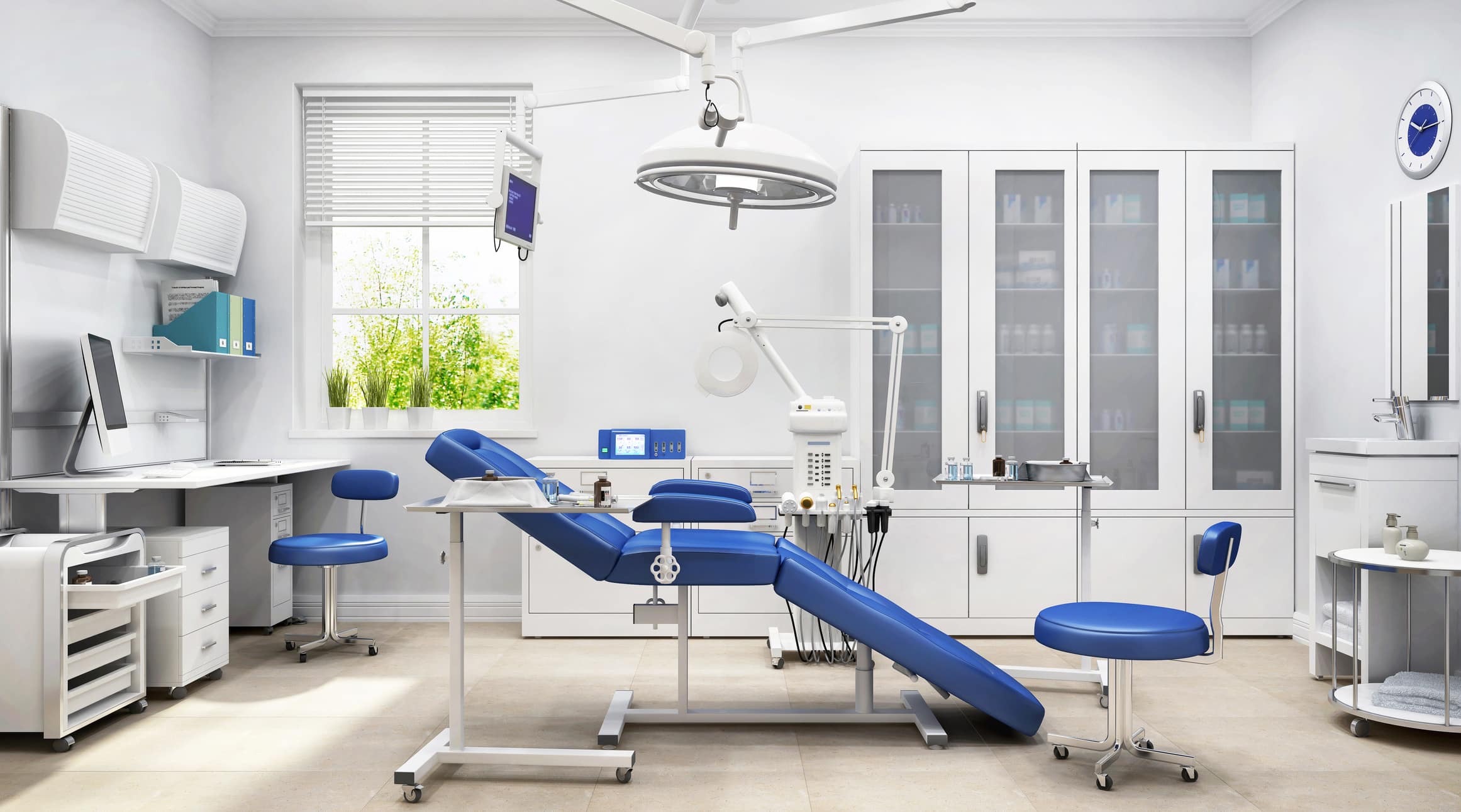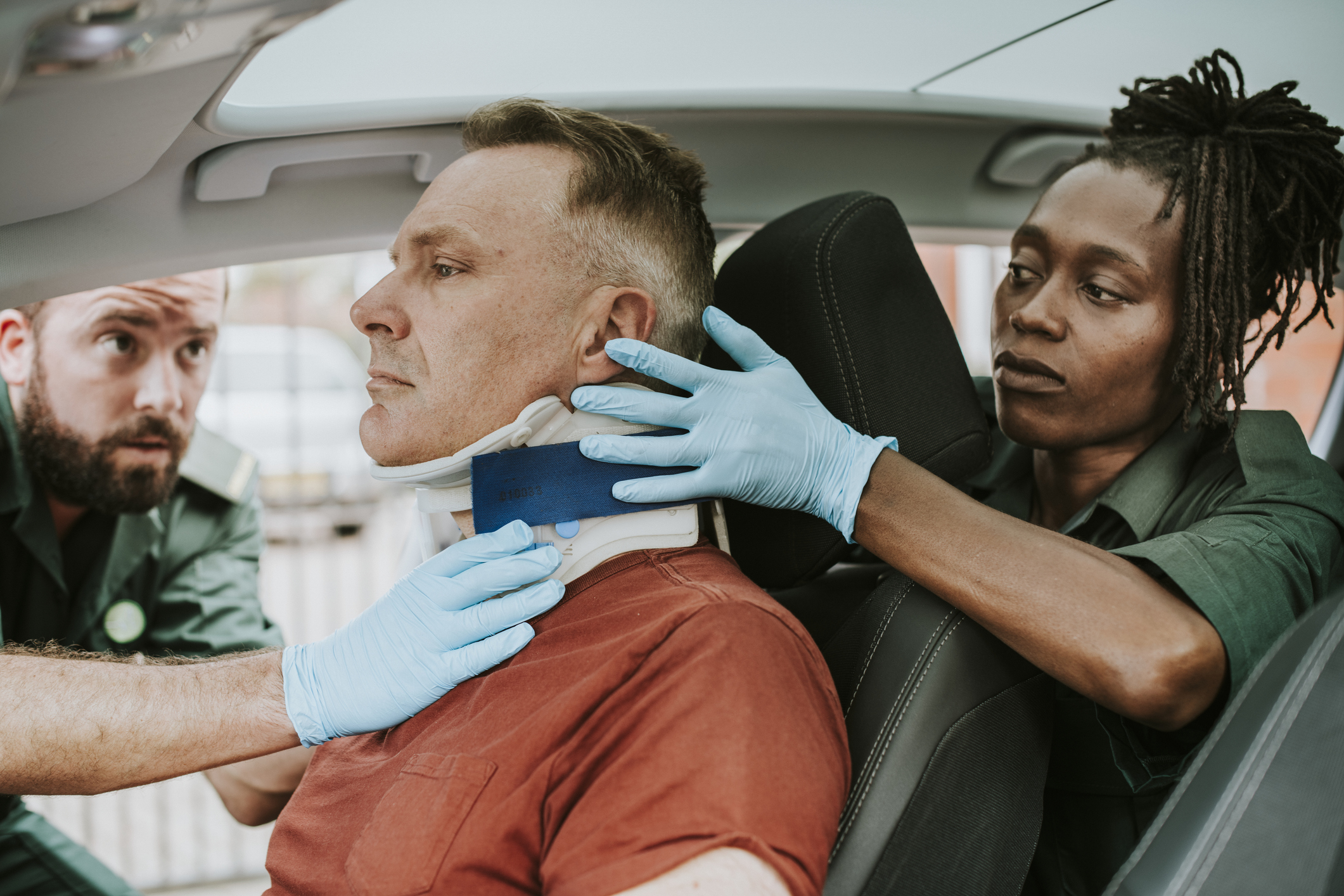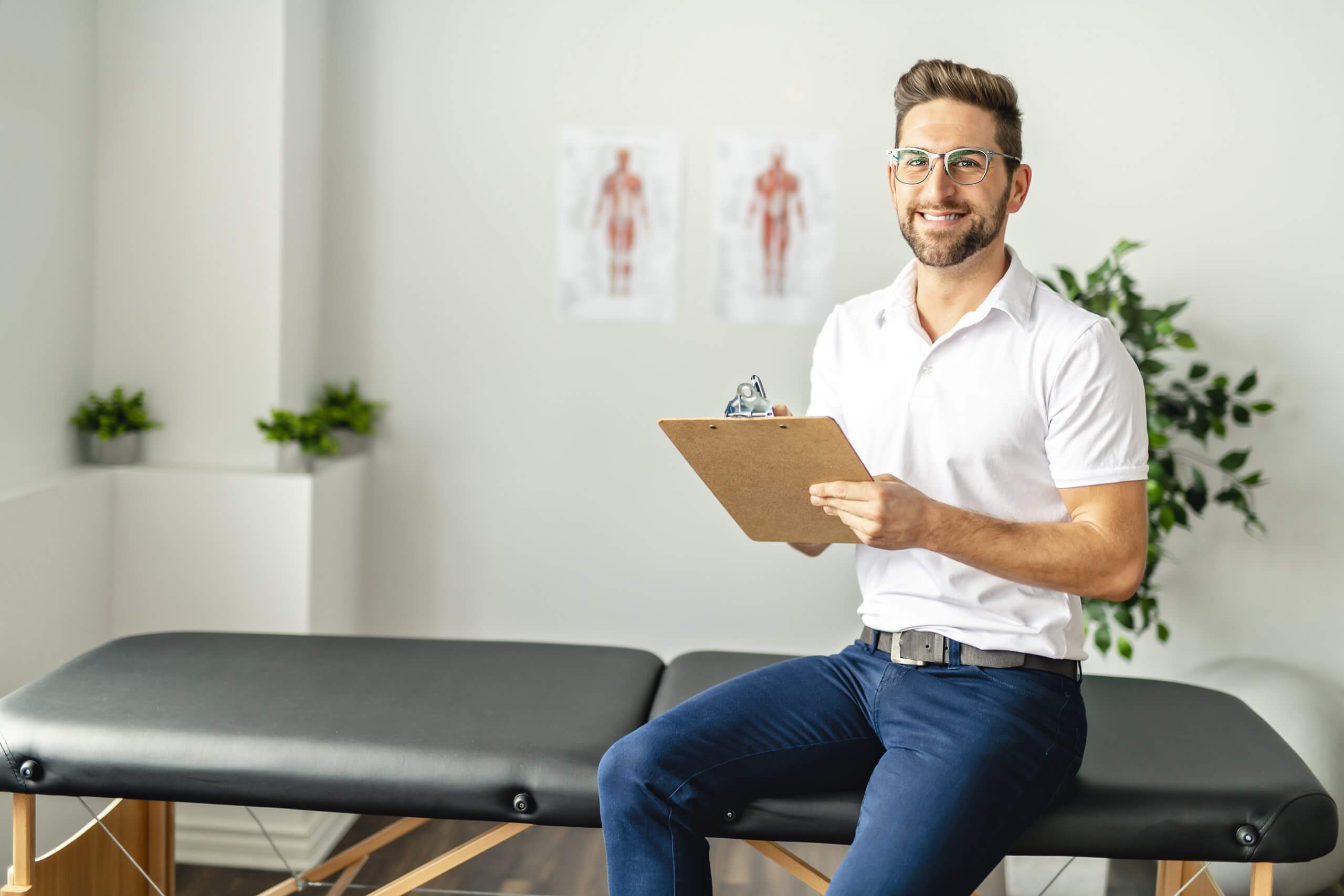How to Purchase Sports Medicine Clinic Equipment: 7 Useful Checkpoints
Opening a sports medicine clinic can be an exciting and challenging venture, and one of the most crucial aspects of this process is planning for clinic equipment purchases. Proper planning and consideration of your needs and budget can help you make informed decisions and ensure that you have the necessary equipment to provide high-quality care for your patients.
It is important to realize that the choices you make during this process can have long lived consequences as you will be looking to get years of service from the investments that you make. Any erroneous decisions can significantly impede the success of your clinic for years to come. As a consequence, it is important to follow a disciplined and carefully thought out process.
In this post, we focus on the process of purchasing clinic equipment and suggest a 7 point checklist that will help you complete this task efficiently and effectively.
Our Suggested Checklist For Purchasing Clinic Equipment
Here is a 7 step checklist that you may find useful when planning your equipment purchases before opening a sports medicine clinic:
- Assess your needs. Start by assessing the needs of your clinic. Consider the services you will be offering, the number of patients you expect to see, and the types of equipment required for each service. This assessment will help you create a comprehensive list of equipment needed to run your clinic effectively.
- Set a budget. Once you have a list of the equipment you need, set a budget for your purchases. Consider the costs of equipment, installation, and training fees. Determine whether you will be purchasing new or used equipment and whether you will be buying or leasing.
- Prioritize your equipment purchases based on your budget and the urgency of your needs. Start by purchasing the essential equipment first and then move on to items that are nice to have but not essential. These choices will likely be guided by the types of injuries and other medical conditions that you expect to treat most often.
- Research equipment vendors thoroughly to find the best deals on the equipment you need. Look for suppliers that specialize in sports medicine equipment and offer warranties and maintenance plans.
- Consider financing options – If your budget is tight, consider financing options such as leasing or financing through the vendor. These options can help you spread out the cost of equipment purchases over time. It is important to realize that the choice between buying and leasing can have important tax consequences, as discussed here.. As a result, you should consult with your accountants or other financial advisors before finalizing this aspect of the process.
- Plan for future needs. As you plan your equipment purchases, consider the future needs of your clinic. Think about the equipment you may need to add as your practice grows, and consider how your equipment purchases can support your long-term goals.
- Seek professional advice. It can be helpful to seek advice from industry experts, such as equipment suppliers or other sports medicine clinic owners. They can provide insights on what equipment is essential and what is not, as well as provide recommendations on the best suppliers and financing options. As mentioned under item 5. above, remember to include someone with financial and tax expertise in your decision making process.
Important Equipment Categories
Some essential equipment for a sports medicine clinic includes:
- Diagnostic equipment such as x-ray machines, ultrasound machines, and MRI machines;
- Rehabilitation equipment such as treadmills, exercise bikes, and resistance bands;
- Treatment tables and seating for patients.
Summary & Conclusion
In conclusion, planning your equipment purchases when opening a sports medicine clinic requires careful consideration of your needs and budget. By assessing your needs, setting a budget, prioritizing your purchases, researching equipment vendors, considering financing options, planning for future needs and seeking professional advice, you can make informed decisions and ensure that you have the necessary clinic equipment to provide high-quality care for your patients.








